Understand
Immerse yourself in the fascinating ethnically diverse tapestry of Morocco. This vibrant country is predominantly composed of Berbers, a community with a rich cultural heritage. You will also encounter descendants of refugees who sought solace from the Reconquista, the Christian reconquest of the Iberian Peninsula that spanned for centuries until the 15th century. Morocco's road to independence from France was a long and arduous struggle that finally culminated in 1956. Tangier, a city with international significance, was handed over to the new country in the same year. Adding to its territorial expansions, Morocco annexed a significant portion of the Western Sahara, a former Spanish territory, in 1975. Political reforms in the 1990s brought about a bicameral legislature, yet the King retains significant political power. While there are free newspapers, the majority of the press is state-controlled, leading to occasional clampdowns when criticism of the authorities or the Western Sahara situation arises. Morocco's foreign policy has often diverged from that of its Arab neighbors, particularly in the era of the Cold War. While other Arab states favored neutrality or pro-Soviet positions, Morocco aligned itself with the Western European powers and the United States. Agriculture, phosphates, tourism, and textiles are the key drivers of Morocco's economy, making them major resources for its growth and prosperity. However, like any nation, Morocco faces challenges in its development, including the need to combat widespread corruption and enhance its education system.
Map & Climate
Popular Foods
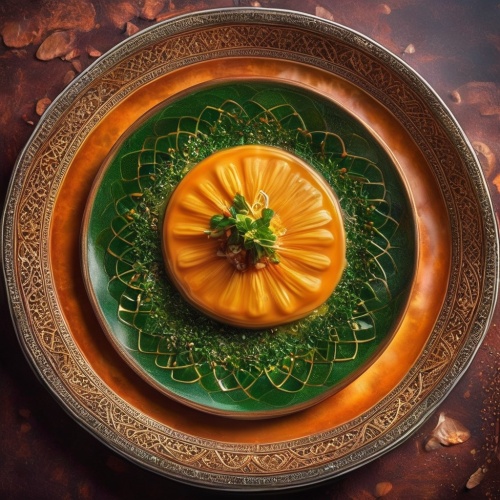 Tajine is a traditional Moroccan one-pot dish made with meat (usually chicken, lamb, or beef) or fish, vegetables, and aromatic spices, cooked together in a special clay pot called a tajinia. The dish is slow-cooked, allowing the flavors to meld and the meat to become tender. Tajine can be served with couscous or bread, depending on the region.
Tajine is a traditional Moroccan one-pot dish made with meat (usually chicken, lamb, or beef) or fish, vegetables, and aromatic spices, cooked together in a special clay pot called a tajinia. The dish is slow-cooked, allowing the flavors to meld and the meat to become tender. Tajine can be served with couscous or bread, depending on the region.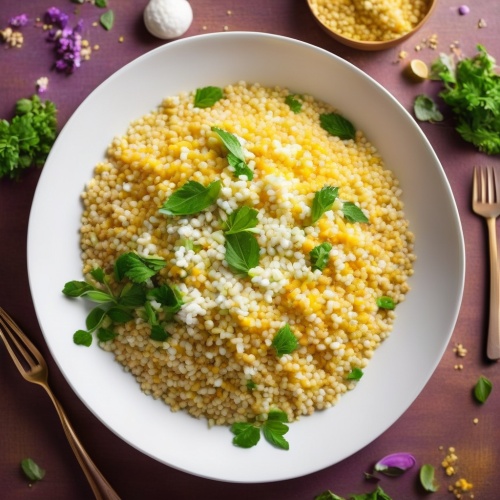 Couscous is a staple food in Moroccan cuisine, consisting of small, steamed granules of semolina wheat or other grains. It is typically served as a accompaniment to savory dishes, such as tagines, stews, or grilled meats. Couscous is often seasoned with a variety of spices, including cumin, coriander, and turmeric, and garnished with fresh herbs, such as parsley or cilantro.
Couscous is a staple food in Moroccan cuisine, consisting of small, steamed granules of semolina wheat or other grains. It is typically served as a accompaniment to savory dishes, such as tagines, stews, or grilled meats. Couscous is often seasoned with a variety of spices, including cumin, coriander, and turmeric, and garnished with fresh herbs, such as parsley or cilantro. Mint tea, also known as "atay," is a popular refreshing beverage in Morocco. Made using gunpowder green tea leaves, fresh mint, and sugar, the tea is brewed and then poured ceremoniously back and forth between teacups to aerate it before serving. Mint tea is often enjoyed throughout the day and is a
Mint tea, also known as "atay," is a popular refreshing beverage in Morocco. Made using gunpowder green tea leaves, fresh mint, and sugar, the tea is brewed and then poured ceremoniously back and forth between teacups to aerate it before serving. Mint tea is often enjoyed throughout the day and is a 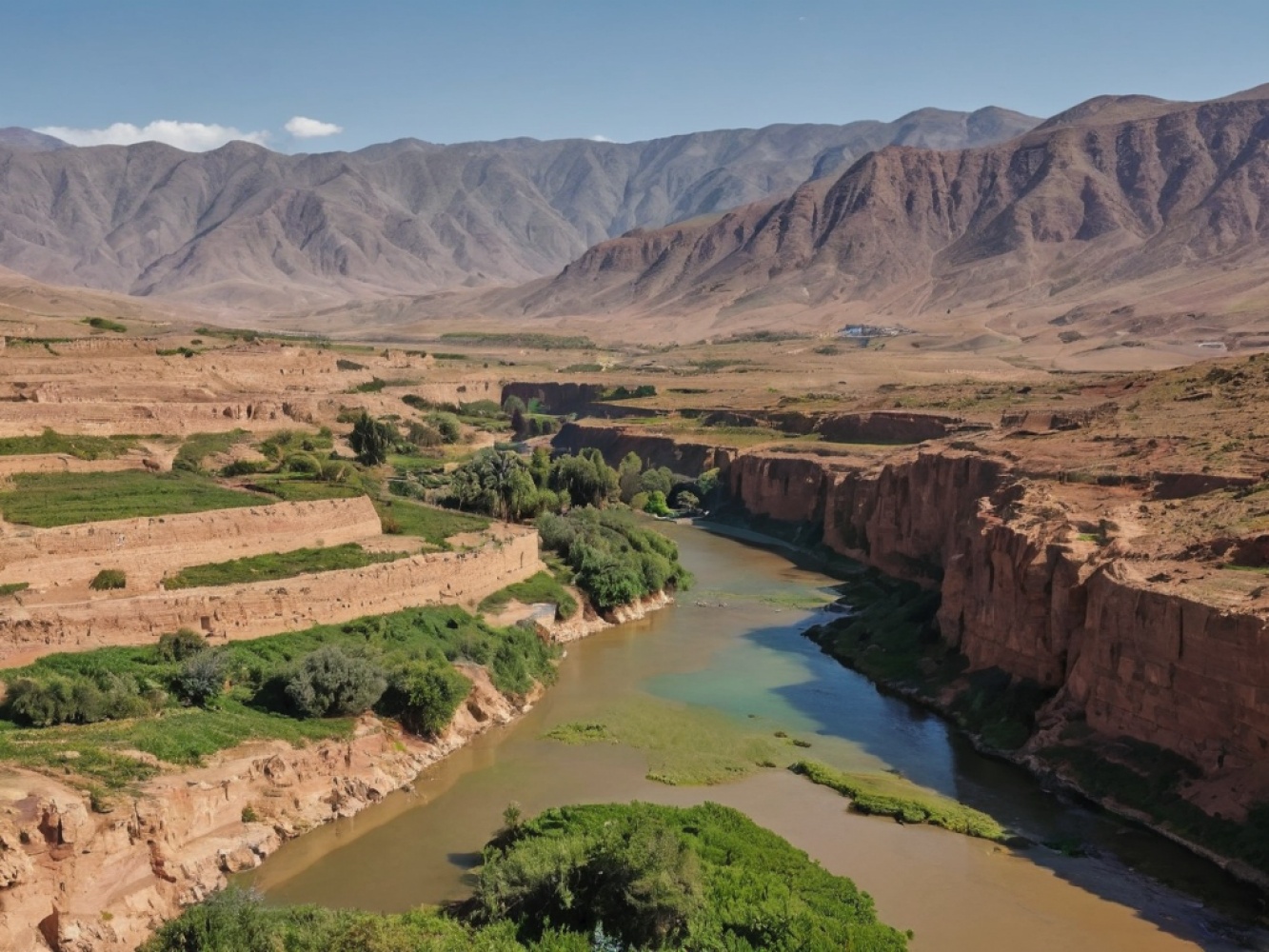
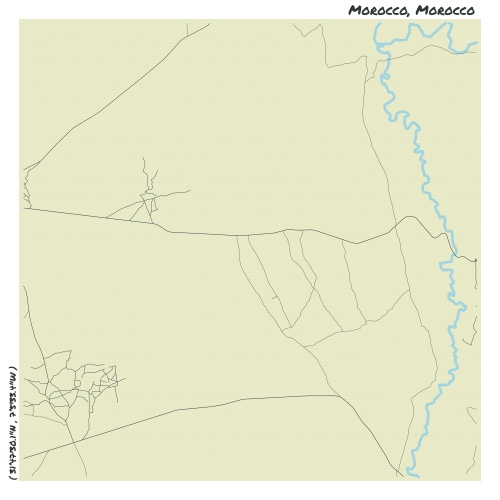
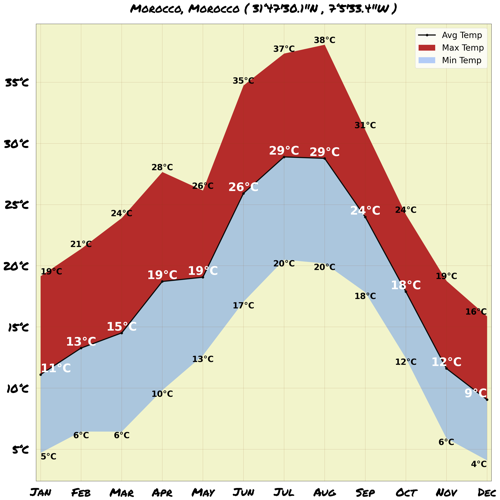

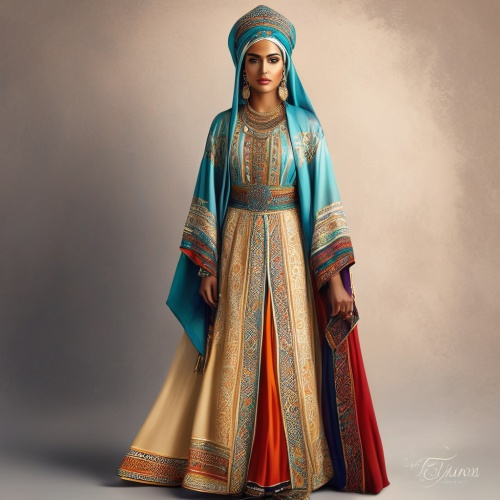
Comments
NO COMMENTS